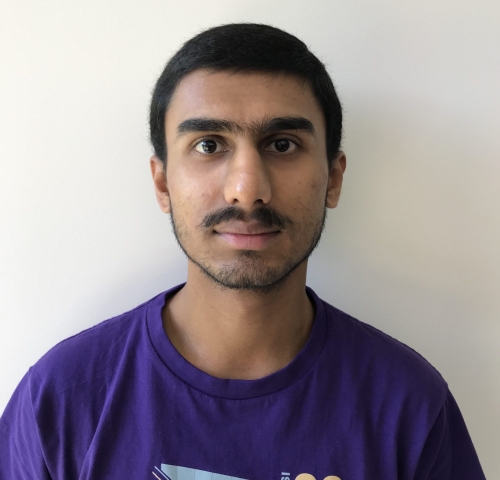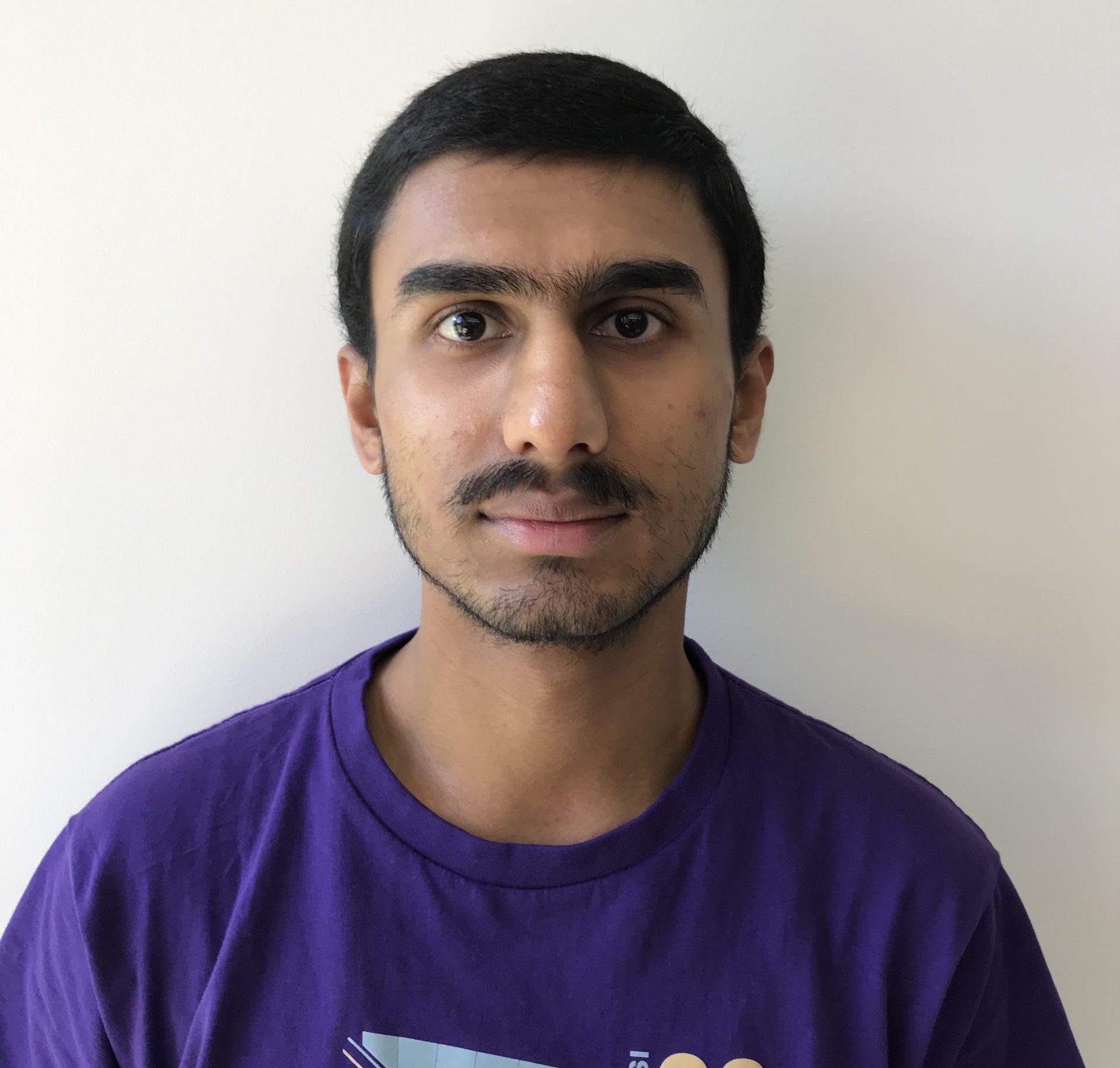
Vandit Trivedi
The Australian National University
I am a first year PhD student at ANU. In fact, the first day of the AMSI Summer School was officially the first day of my PhD program. Prior to that, I had worked overseas for 2.5 years as an engineer in the oil and gas industry, following the completion of my bachelor’s degrees in petroleum engineering and Mathematics. But I wanted to return to Mathematics. This started with a Master of Mathematical Sciences at ANU, which I completed last year, before commencing PhD studies.
Can you give me a quick rundown about the type of mathematics you are studying and its potential impacts for the broader community?
I am pursing research in geometric group theory. Group theory, an area of algebra, is the study of symmetry. In geometric group theory, we view groups as geometric objects and consider group actions on appropriately constructed spaces to draw conclusions about our group of interest. Computational efficiency is a desirable attribute in many contexts. Some major results in geometric group theory give us the ability to perform computations more efficiently in groups. There is significant overlap with combinatorial group theory, in which we consider groups via presentations (a set of generators and relators that specify the group).
How did you get into mathematics? Was there someone or something that inspired you into this field?
I have always enjoyed mathematics. The opportunities I had for mathematics extension both in and outside school furthered that interest. Training for and participating in Olympiad-style competitions in secondary school provided a taste of rigorous mathematics prior to university, which compelled me to pursue further study in the field. Having some great teachers at school who genuinely encouraged us and provided further opportunities in mathematics was critical; it’s hard to become interested in something if you’re doing the bare minimum.
You received a Travel Grant to attend AMSI Summer School 2023. How important was this in terms of your ability to attend, fully participate in the program and meet others studying in similar fields?
The AMSI Travel Grant was very useful in finalising plans to attend the Summer School. It made the decision a no-brainer. It would have been unfortunate to miss out on in-person activities. There is no doubt that in-person teaching and events far exceed what can be achieved remotely. Having the Travel Grant made this much easier; many thanks to AMSI for this.
What was the most valuable part of the program for you?
The course content was quite important for me since it was directly related to my area of research. It is not often that a PhD student gets to start their program with a month-long course in precisely their area of research. But meeting and interacting with students and lecturers, both in similar fields and others, was also a great experience. Having 4 different lecturers for our course gave us a perspective of the subject from 4 vantage points, while studying with students and socialising at the various extras events help build connections.
In the long-term, what do you think are the benefits of having attended Summer School?
Of course, there’s the technical knowledge one obtains from the subjects. But in addition to this, it is useful to have built connections with other students and lecturers, in similar and other areas of research. It’s very easy as a postgraduate or research student to simply ‘do your own thing’; come in to the office, explore a research question and go home, without interacting with many others. But having built some connections with others is likely to be handy for when you meet those people again, at conferences, as colleagues, or anywhere else. It is a starting point for discussion and an opportunity to talk mathematics with others.
Summer School included a special Careers Day program which aims to help give students an idea of the kinds of career paths available to maths graduates in industry and private sector research areas. Were you previously aware of the types of industry opportunities available to mathematical science graduates?
I had some idea of the types of career opportunities for mathematics graduates, but I was a bit vague on the opportunities outside academia. In particular, I was unsure how companies view mathematics graduates in roles for which they are most certainly qualified but for which graduates from other disciplines (e.g. engineering, finance, machine learning, etc.) may seem more naturally suited. The Careers Day event provided a good overview of the types of companies that look to hire mathematics graduates (and a reassurance that mathematics graduates are indeed placed on level footing) and the types of jobs available. It’s easier now to search for opportunities in industry having seen some at the Careers Day.
What advice would you give to someone who is considering applying for Summer School in 2024? Should they apply and why?
There is very likely to be at least one subject of interest to you. Whatever your reason for applying – doing a course for credit for a Bachelors or Masters program, learning background material for your PhD research or learning something outside your field of expertise – I’d encourage you to do it. In addition to pursuing something of direct relevance to your research, it is a great chance to take a second subject that may be outside your area of research. It’s hard to spend time learning something new when you’re busy doing research in a particular area, so a concentrated 4-week course is a good opportunity to do this.
Where do you want the mathematical sciences to take you? Where do you see yourself in five, ten years time?
As of now, the plan is to continue in academia. I enjoy teaching and have enjoyed my research experience so far, which means academia would be a great place to work after the PhD.

